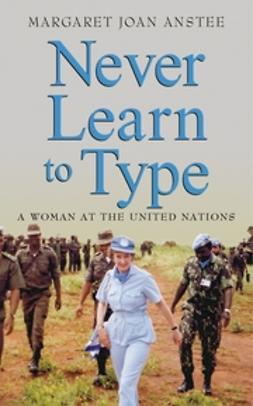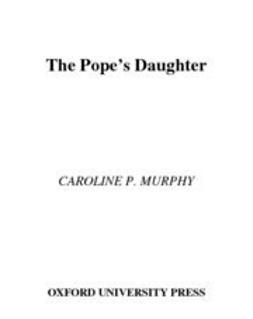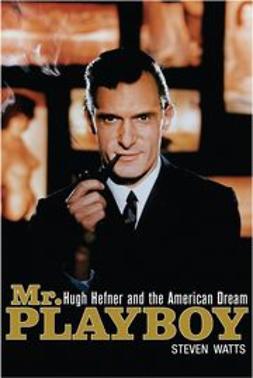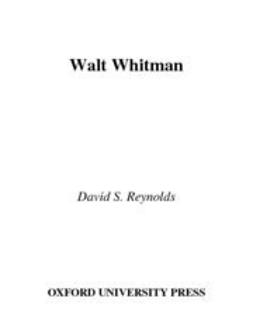Anstee, Margaret Joan
Never Learn to Type: A Woman at the United Nations
Dame Margaret Anstee was born in the 1920s to a poor family in rural Essex. With the support of her parents and through her own determination, she graduated from Cambridge with first class honours, and entered the Foreign Office where she worked with the spy Donald Maclean shortly before his defection with Guy Burgess.
Her career here ended as was customary at the time, when she married a diplomat and was posted to Singapore. As the marriage began to fail Margaret accepted a job at the United Nations in order to earn her fare back to England.
It was the start of a career that was to push the boundaries at every step. She became the first woman to be posted to her beloved South America, where she drove through the Andes in her VW Beetle, she headed up the first Government think tank during Harold Wilson’s Government and she was the first woman to break the glass ceiling at the United Nations.
Dame Margaret Anstee served the United Nations for four decades, both at the New York Headquarters and in some of the poorest countries of the world attempting to help the victims of war, poverty and natural disasters. Throughout this time Dame Margaret has worked relentlessly to overcome the inequalities between the developed and developing world, a battle that she considers essential for the survival of both worlds.
- The first and only woman ever to reach this powerful position within the United Nations.
- Exciting, insightful and, on occasion humorous, travel writing as the author journeys through South America, Africa and the Far East.
- Charming account of village life and that of a young academic in Cambridge in the 1930s and 1940s.
- Gives an insight into the workings of the United Nations and the challenges faced both in conflict resolution and health and education programs.
- Features lively and amusing anecdotes with a cast of characters that includes many of the world’s leaders, from Che Guevara to Margaret Thatcher as well as special appearances by MI6 and the CIA, set against a global backdrop.
Praise for Never Learn to Type:
‘Her achievements are truly inspirational.’
The Rt Hon. Jack Straw MP, Secretary of State for Foreign and Commonwealth Affairs
‘The preamble of the UN Charter announces the commitment...to...“reaffirm the faith in the fundamental dignity and worth of the human person.”...No one has lived for these principles more selflessly or diligently than Margaret Anstee. Her life...is inspirational, and her story is highly recommended.’
Jimmy Carter, Former President of the United States of America (awarded Nobel Peace Prize in 2002)
'...a true pioneer of the international community... an account of a rich and fascinating life, as well as the kind of insight only the insider can provide into the nature of conflict, development and the work for peace.’
Kofi A. Annan, Secretary-General of the United Nations
‘...a remarkable and entertaining account of her adventures in many parts of the world.’
Boutros Boutros-Ghali, Former Secretary-General of the United Nations
‘...she became, with all my support and pleasure, the first woman Under Secretary-General.’
Javier Pérez de Cuéllar, Former Secretary-General of the United Nations
‘An extraordinary book about an extraordinary life. ...A story written with wit, charm and affection. ...Thank God she never learned to type but learned to think and care!
Gonzalo Sánchez de Lozada, President of Bolivia
‘A truly absorbing account of achievement and adventure, by a remarkable woman...she engages and holds the reader’s attention from beginning to end.’
The Rt Hon. The Lord Howe of Aberavon CH QC
‘Anyone who doubts the usefulness of the UN should read her book.’
The Rt Hon. Lord Hurd of Westwell CH CBE PC
‘...a witness to many of the momentous events that shaped the last 50 years. ...this is a writer who sets off up rivers, into the plains, mountains and deserts to get to the heart of a country. ...a remarkable story told by a remarkable lady.’
Rt Hon. Peter Hain MP, Secretary of State for Wales
‘...she also writes of romance and travel, friendship and daily incident - even about making herself a ball-gown out of a parachute and dancing the night away.’
Onora O’Neill, Principal, Newnham College Cambridge
Hard Talk - with Dame Margaret Anstee
On the practicality of the United Nations:
“The UN is always judged on political grounds, where compromise is inescapable. Critics invariably forget the myriad practical achievements in the economic, social and humanitarian fields that benefit millions of human beings.”
On the future role of the UN:
“As Adlai Stevenson said, “If it didn’t exist, it would have to be invented.” The role of the UN in nurturing peace and international cooperation and bringing about better conditions of living for the deprived of the world is essential for security in its broadest sense (human security). But a sea-change in the policies of member states is needed which peoples everywhere should urge on their governments.”
On the role Britain should play in global politics and the war against terrorism:
“Britain should play a major and statesmanlike role of promotion of firm but balanced international policies, using its long experience to moderate and mediate between extreme positions.”
On Bush:
“Successive U.S. administrations have traditionally been ambivalent towards the UN. At the outset of a new century it is troubling to see this attitude personified and expanded by a President who seems to regard the UN as a fig leaf to be resorted to only when expedient.”
On Blair:
“Blair has played a crucial role in persuading Bush and his administration to use the path of the UN and international consensus over Iraq rather than unilateral action – so far. I hope that he will continue to pursue this difficult political juggling act.”
On the position Hans Blix finds himself in:
“I empathise with Hans. Any international civil servant responsible for decisions that can cost human lives is in an invidious position, as I experienced in Angola. In this case the stakes are even higher – the risk of war with incalculable consequences.”
On her most significant role model:
“My mother, who never let anyone deter her (or me) with her dictum “never say your mother had a jibber”. And my aunt Christina who showed you could demonstrate professional competence in a man’s world without sacrificing femininity.”
On today’s youth:
“They have many more advantages and opportunities but also many daunting challenges in an increasingly globalised world. In rising to these one hopes they will not discard the lessons of the past.”
On the event that had the greatest impact on the course of her life:
“My mother, putting on her best suit and hat in 1936, taking the bus into the country town and button-holing the Country Education Officer (without prior appointment) to ensure her sick daughter (who’d missed the examination date) could have another opportunity to sit the scholarship examination – without that there’d have been no high school or university.”
Nyckelord: BIOGRAPHY & AUTOBIOGRAPHY / Women BIO022000
- Författare
- Anstee, Margaret Joan
- Utgivare
- John Wiley and Sons, Inc.
- Utgivningsår
- 2003
- Språk
- en
- Utgåva
- 1
- Sidantal
- 560 sidor
- Kategori
- Personhistoria
- Format
- E-bok
- eISBN (PDF)
- 9780470864609
- Tryckt ISBN
- 9780470854310









